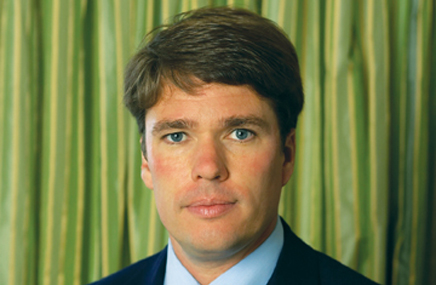Healthcare Q&A site Sharecare is buying RealAge from Hearst for an undisclosed sum, the companies said.
The deal gives two-year-old Sharecare a big bump to its user numbers, a base on the West Coast and a new front door that’s drawn throngs into RealAge. The combined company will have around 16-17 million active users, said Sharecare, and around 8 million by Comscore’s estimation, making it number 8 among healthcare portals by the online metrics firm’s reckoning. RealAge brings a big user base to Sharecare—it boasts 4 million monthly unique users, and has current emails for around 15 million who have visited within the past year.
RealAge’s Test, taken by 29 million people since it launched in 1999, will be part of Sharecare’s site registration. The test asks registrants about their lifestyle habits and medical history to find their “RealAge.”
“We always thought RealAge would make a great product inside Sharecare,” said Sharecare founder Jeff Arnold. “The way RealAge works, today you take the test and then you start to get tips to reverse your body age, and we’re going to use that as a social platform instead of an email marketing platform.”
Arnold notes that in addition to health tips, the site will offer “other recommendations, like doctors in your area, trainers in your area that are on Sharecare.” Sharecare bought The Little Blue Book, a doctor directory, in January, and will use it to match users to local physicians.
Sharecare will maintain RealAge’s San Diego headquarters as its West Coast office and no layoffs are planned. RealAge has 60-some employees, and the two firms combined will boast a headcount of around 170.
Hearst retains an equity interest in the company. Hearst Entertainment & Syndication president Scott Sassa will join Sharecare’s Board of Directors.
Arnold and Dr. Mehmet Oz, launched Sharecare in 2010 with backing from Oprah Winfrey and the Discovery Channel. The firm hasn’t yet turned a profit, and could soon but won’t, despite adding its “slightly bigger” revenues to RealAge’s, pending some major investments, said Arnold, including an “interactive medicine cabinet,” a sort of medical iTunes for health apps.
From the April 01, 2012 Issue of MM+M - Medical Marketing and Media








